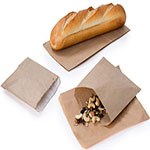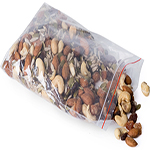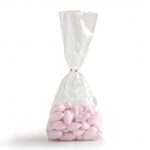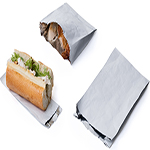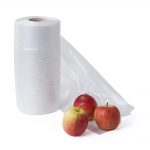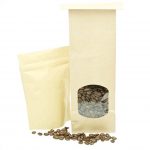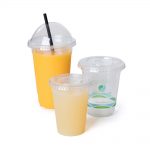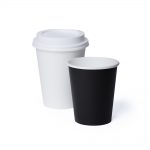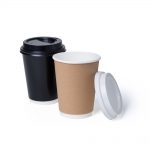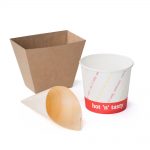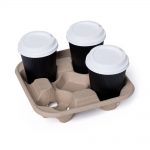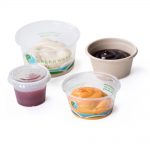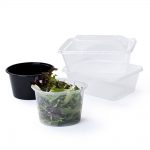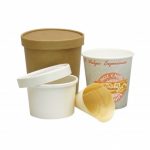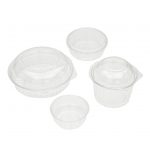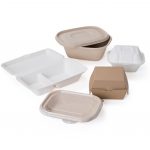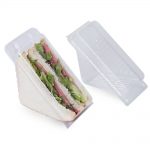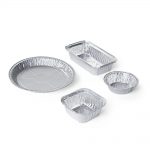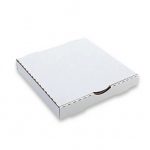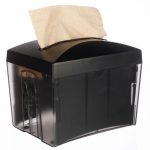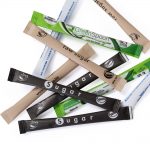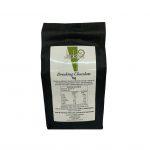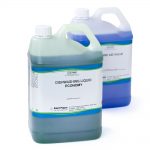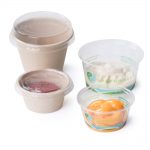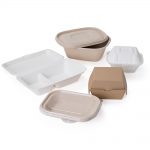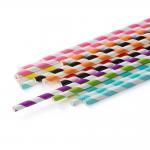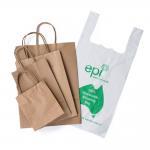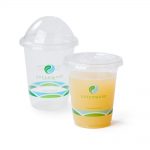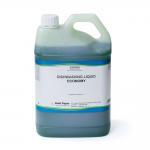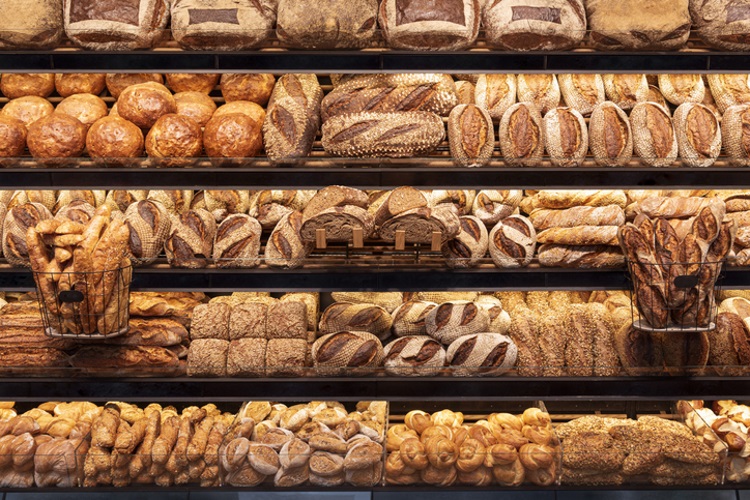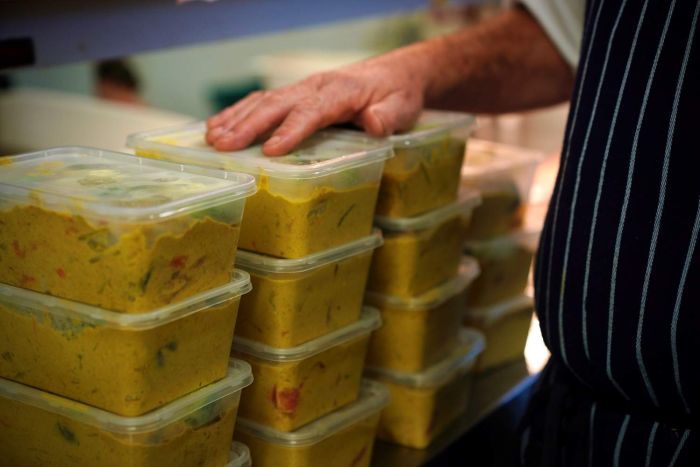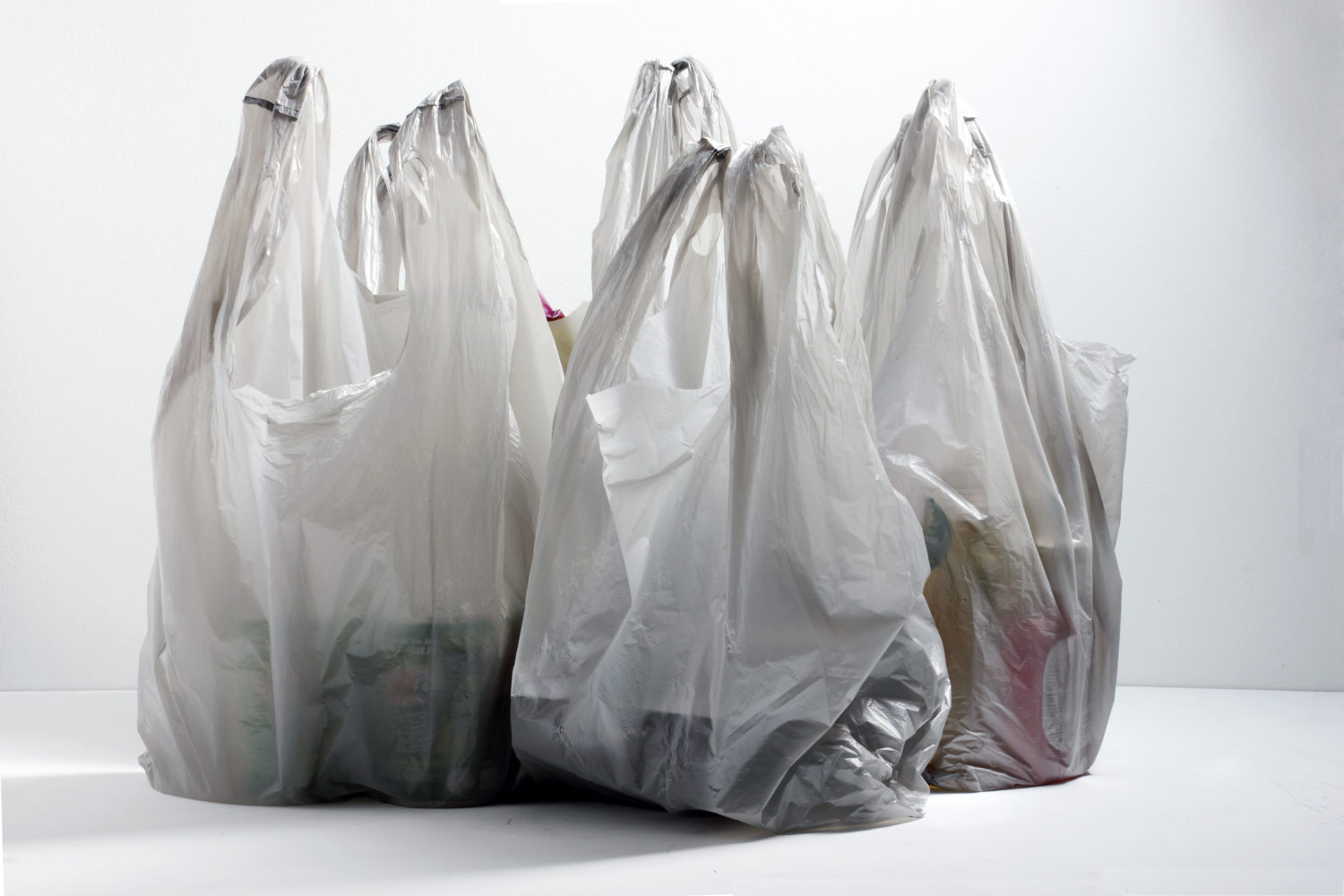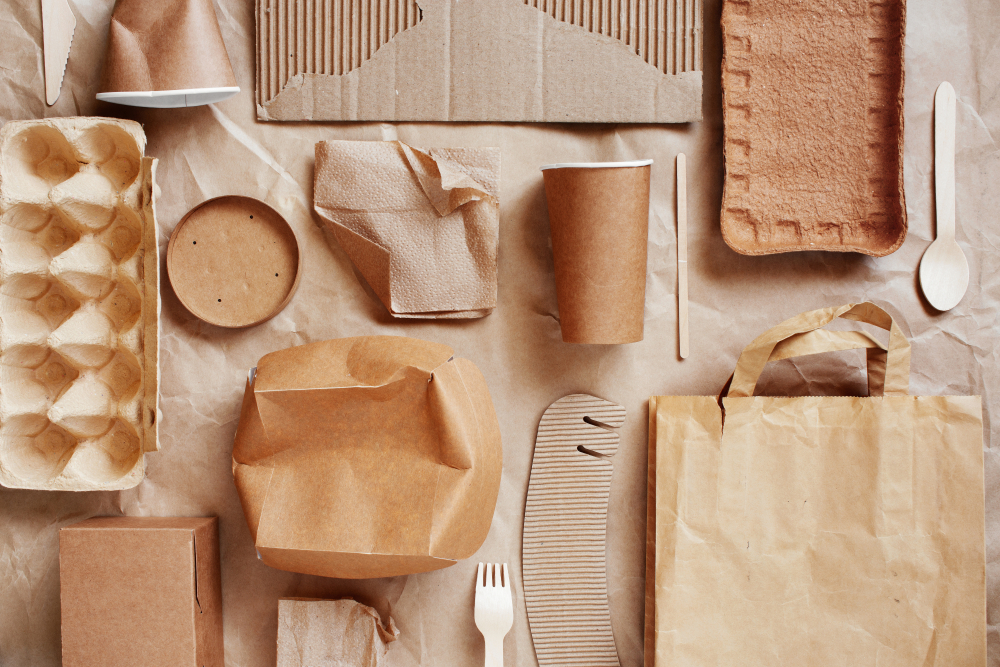Blog Categories
- Tips and Advice (55)
- Sustainability (26)
- Trends and Innovations (25)
- Tutorials and Templates (6)
- Regulations (2)
Sustainability
Jan 15
How to Make Your Bakery More Efficient and Profitable
Posted on January 15, 2021 by Ash BennettTo make things more efficient for your bakery, we can start with eliminating waste and applying lean practices for your business. For example, we can minimise or eliminate waste of movement and processing (e.g. using bake and serve boxes where you don’t have to transfer containers and wash baking tins and pans).
Make your bakery more efficient and profitable
Achieving greater efficiency means delivering the exact same result while using less time and fewer resources. It’s still the same outcome but there’s less cost and time involved. Here, being more efficient also means being more profitable.
In bakeries, there are several movements and processes that we can make more efficient (or remove them in the first place). All that’s unnecessary should be removed or minimised so that we can use fewer resources as well as better focus on our customers and developing new exciting products.
A huge opportunity for that is in washing baking pans and tins. It can be time-consuming and the task is required each day whether you make a lot of sales or not. Also, you’ll still use boxes and packages anyway no matter how you prepare your baked goods. In that process we’ll see wasted time and valuable resources (including water and cleaning solutions).
But if the boxes are used for most of the preparing, baking and serving, there will be less movement and that we avoid using and washing the baking pans and tins. Also, there’s less chance for mistakes because almost everything happens in a single container or box. This is an example of eliminating waste and making your background processes more efficient.
Another excellent example is in focusing on fewer baked goods instead of trying to please all customers. This is counter-intuitive because we know that customers seek variety and they expect everything to be available from a single place. However, focusing on a few products can help us become the best in those. Aside from greater efficiency (less inventory, fewer preparations and processes), we’ll have more time perfecting the recipe and there’s something that will set us apart from the competition. Instead of spreading ourselves thin, we aim to be the best at something.
Those are just some of the ways to make our operations more efficient and hence improve our profitability. Sure there will be more opportunities in your bakery as we take note of the sources and causes of waste especially when it comes to movement. Once you spot those opportunities and work on them, it will make a huge difference to your business.
Dec 15
Why Going Green is Good for Food Businesses
Posted on December 15, 2020 by Ash BennettGoing green also means becoming more efficient and reducing waste in the entire business operations. For example, instead of using multiple containers for cooking and baking, what happens is that fewer containers are used (or that the box is the one also used for baking). This helps save time both in the transfer of the contents as well as in washing.
Why going green is good for food businesses
Aside from greater efficiency and less waste, going green can also mean more loyal customers. This is possible because more and more customers are preferring green businesses over others. As an example, more and more Australians choose to have a solar power system in their homes and businesses. These businesses show their commitment to sustainability by taking concrete actions. Customers who have a high level of environmental awareness immediately notice that. Also, going green could be one of the strong distinguishing features of a business to stand out in the competitive marketplace (especially in the food, beverage and hospitality industries).
It’s not about being manipulative in how we do marketing and public relations. It’s about making our actions and stated commitments all consistent. This consistency is important in our integrity for the long term. It’s especially the case in food businesses where integrity and quality are the priorities. Words and actions should always match and we can show that both upfront (use of environment-friendly packaging) and behind the scenes (use of environment-friendly cleaning supplies).
Going green is a strong trend that will likely continue for the years to come. It looks and sounds “cool” now to be associated with the sustainability and green movement. Aside from showing a sense of responsibility, this green movement and supporting it (e.g. reduce, reuse, recycle; having a solar power system; choosing electric cars instead of gasoline-powered automobiles) actually feels good for both businesses and customers.
For food businesses, customers will be delighted because they’ll enjoy the food and appreciate that they’re supporting a business that’s committed to sustainability and environmental protection. Today it might just be a trend but in the future this could become a basic feature of each business (it’s already expected for businesses to apply responsible practices). As a result, today’s the best time to streamline your business operations towards becoming more green and efficient.
Oct 28
What COVID-19 Will Do to Food Businesses in the Long Term
Posted on October 7, 2020 by Ash BennettExpect higher levels of hygiene and sanitation for the long term. Now that things finally getting back to normal, there will be new regulations and standards to help keep the customers healthy and safe.
In fact, it’s happening right now because many food premises still operate with their takeaway and home delivery service source: Business.gov.au, . Higher sanitation standards and awareness are now in place to protect the customers. As a result, it’s crucial to keep surfaces and food preparation equipment clean at most times. It’s also vital that the staff regularly wash their hands. Food service outlets have already been doing this way before COVID-19 happened. The difference is that everyone’s now more aware of the risks and threats in food preparation and service.
What COVID-19 will do to food businesses in the long term
Customers will become more careful and selective in choosing which businesses to support. After all, there are many other stores and outlets to choose from even in times of crisis. With the rising consumer awareness about sanitation, health and environment, most businesses now are under pressure to adapt quickly.
In response, restaurants, cafes, bakeries and other food service outlets have raised their standards in everything they do. The careful sourcing of the ingredients, keeping food prep surfaces clean and spotless and making sure food handling is done according to the latest food standards, they’re only a part of what makes a business great and competitive. Business owners, managers and staff actually go beyond what’s required. For instance, they make sure everything that happens in the background (e.g. packing of food, cleaning of floors and coffee machines) is also up to the highest standards. These behind-the-scenes are crucial to the proper operation of businesses and keeping the customers safe.
It’s a minute-by-minute commitment where even a single mistake could be costly and disastrous. As a result, food service outlets make sure they always have enough cleaning supplies (including dishwashing detergents, floor cleaners, hand soaps, kitchen sanitisers, glass and window cleaners and disinfectants). Aside from effectiveness, businesses also make sure that the supplies they use are biodegradable and environment-friendly. After all, sanitation is a daily commitment and the cleaning liquids and detergents we use will always end up somewhere. It’s practical then to choose cleaning supplies that are both effective and eco-friendly.
We’re in this together for the succeeding months and years. Some things will never be the same again especially when it comes to sanitation and awareness. What remains constant is our commitment to service our customers to the best of our abilities.
Oct 14
Should We Really Ban Plastic Bags?
Posted on October 14, 2020 by Ash BennettEco-friendly shopping bags are here and plastic bags that pollute the oceans should now be out because of their environmental impact. But should we really ban plastic bags in favour of shopping bags made from paper and recycled material?
Should we really ban plastic bags?
At first glance we’ll immediately think that it’s better for the environment if we stop using plastic and wipe it off the surface of the planet. That’s because plastic is non-biodegradable which means it can quickly accumulate especially in developed and developing nations. Landfills will get full and some of the plastic waste ends up in oceans and then harms aquatic life (which also affects people depending on fishing and aquatic resources).
However, we also have to think about the costs in terms of energy and amount of material used. We also have to consider the environmental impact not just when plastic was thrown out, but also on how it was produced in the first place. For example, the raw materials for plastic bags actually come from petroleum and natural gas (basic building blocks of both petroleum and plastic are hydrocarbons). The building blocks get processed and eventually turned into bags and containers (commonly made from high-density and low-density polyethylene).
It would be economic and environment-friendly as well if we can just use the bags several times before they get discarded. However, most bags are only used once or twice and then end up in landfills and other places. We didn’t get the most value and benefit from the plastic bags because they were thrown out immediately.
One way to reduce the impact and waste is to have reusable carry bags. Even if they’re made from plastic, we can use them several times before we throw them out. It’s the middle ground for having a very useful plastic bag and minimising environmental impact.
Here at Kent Paper we have a wide range of products that help reduce environmental impact from business operations (especially bakeries, restaurants, cafes and other food service outlets). You can contact us today if you require practical environmental solutions for your business.
Aug 18
How Food Businesses Can Prepare for the Future
Posted on August 18, 2020 by Ash BennettExpect more rapid and sudden changes to come. That’s because restrictions come and go and they might still change in the near future. Also, the fluctuating consumer demand puts a strain on many small food businesses such as cafes, restaurants and bakeries.
How food businesses can prepare for the future
Aside from the COVID-19 Safety Plan (as of 10 August 2020), the business owners and staff still have to make additional preparations to survive and thrive. For example, takeaway service is the priority now instead of the dine-in experience. This shift of priority and operations requires sudden modification and adaptation.
It’s like starting from scratch all over again because of the need to adapt quickly. And because it’s a food business where cleanliness, quality and integrity are priorities, the business owner and staff can’t afford to make a mistake. Everything should be safe and smooth so that the business can still effectively and profitably operate.
Although the change and adaptation is an inconvenience, it’s also one amazing opportunity to make things better and right. Somehow, the pandemic has given us a chance to re-evaluate our practices. For instance, physical distancing and regular washing of hands could have been the normal practice even before COVID-19 happened. After all, a new viral threat might appear or the coronavirus might re-emerge stronger.
When it comes to food service outlets, this is an opportunity to start over and begin with the best practices. For example, food boxes and food packaging should be environment-friendly and come from responsible sourcing and manufacturing practices. The cleaning supplies and solutions should be biodegradable especially now that we will be using more volumes of those products in our businesses.
To prepare for the future, it’s crucial to get proactive and alert about the looming threats. Equally important is to be alert about the emerging opportunities and the chance to make things better. After the pandemic and restrictions, it’s likely that most of the helpful practices will stay in the long term. It’s especially the case with the use of environment-friendly products because of the raised awareness on sustainability and climate change.

